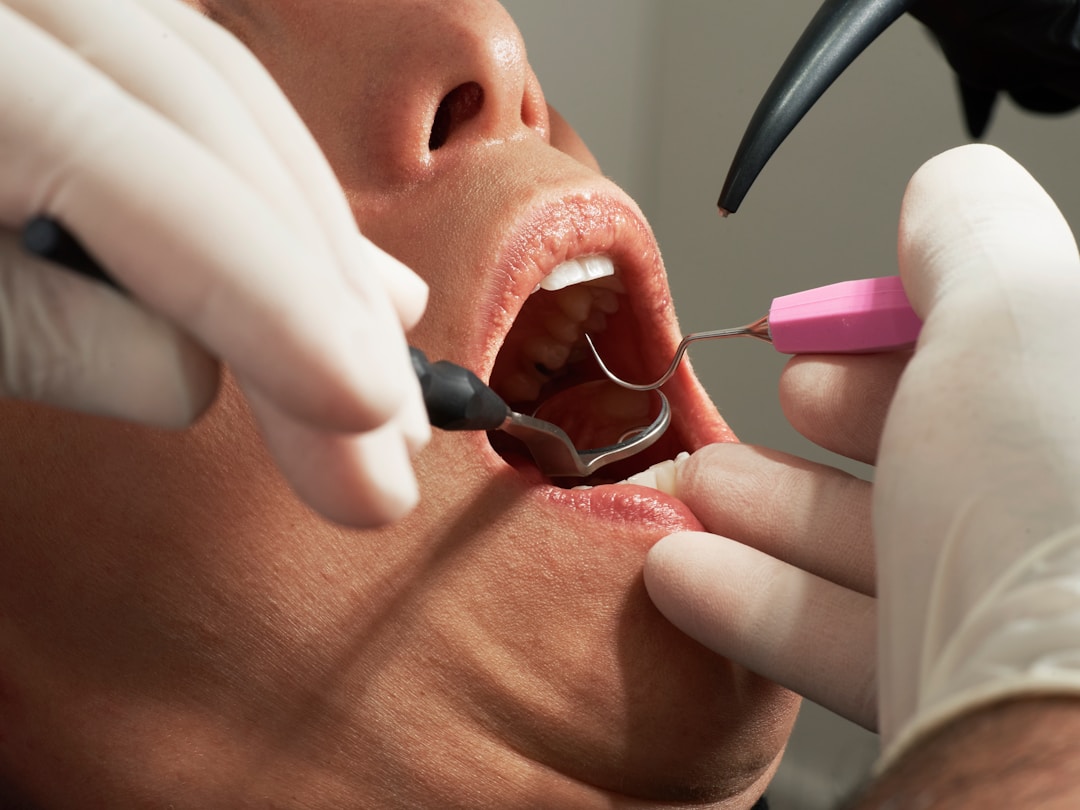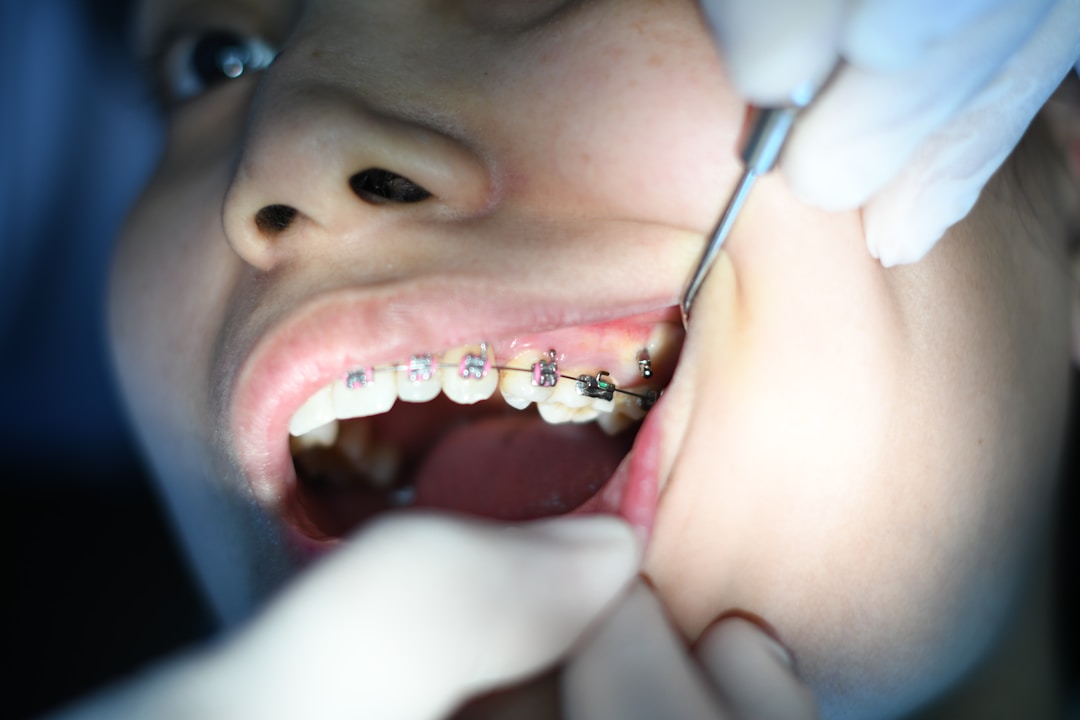While brushing your teeth may be an ingrained habit, it’s a significant part of your health care routine. Bacteria in the mouth can cause significant health issues, such as infections, if not kept in check. Regularly flossing and brushing your teeth can improve the smell of your breath and your mouth’s appearance while also keeping you healthy.
Dentists are medical professionals who provide dental health care. After earning a Doctor of Dental Surgery (DDS) or Doctor of Medicine in Dentistry (DMD) degree, they must obtain a dental license. During their training, dentists can opt to specialize in a specific field of dentistry. While some focus on providing routine patient care, others focus on straightening teeth or treating the gums and bones supporting your teeth. Let’s look at three dentistry offices that can supply your dental health care needs.
1. General Dentistry Experts

Excellent dental health care practices involve seeing your regular dentist twice a year. Both adults and children should have biannual checkups to ensure their teeth and gums are healthy. A dental hygienist typically performs teeth cleaning during regular checkups. The hygienist and your dentist will visually examine your mouth for signs of potential dental issues, and the hygienist may also teach you how to care for your teeth effectively.
If you’re looking for a new general dentistry expert to provide dental care, consider the experts with Dental Innovations. Their dental office strives to make dental care accessible. This starts with letting patients select services based on their needs instead of using complex dental terms that can be confusing. Patients select the reason for their appointment from a list of options, including, “I am scared of the dentist” and “I am worried about bleeding gums.”
People may be scared if they’ve had a bad experience during dental treatment in the past. Bleeding gums could be a symptom of periodontitis, gingivitis, or dental plaque. Choosing a suitable selection enables new patients to feel confident they’re correctly identifying their concerns, and it enables the dental practice to anticipate new patients’ needs.
2. Periodontists
Periodontists are dental specialists who focus on your gums. They treat oral inflammation and periodontal disease, which is commonly known as gum disease. Treating periodontal disease is crucial because it’s possible to lose teeth and suffer other health complications, such as lung and heart disease if this disease isn’t treated.
Periodontists also install implants, such as endosteal dental implants and subperiosteal dental implants. At NuLife Dental, patients may see Dr. Kenya Hoover if they need dental implants. Dental implants replace missing teeth. The gap from a missing tooth can affect your mouth’s shape and cause tooth decay in neighboring teeth, which is why you must consider your options to fill the gap.
Other tooth replacement options include dentures, bridges, and crowns. Dental implants have some specific benefits. They function like natural teeth, and you don’t have to worry about putting them in or taking them out. They also last longer and provide extra support for neighboring teeth.
3. Orthodontists

Your teeth have a significant impact on your appearance, and while they may not be fair or accurate, many people make conclusions about people based on their teeth. More than 75 percent of Americans associate crooked teeth with a lack of success. Many people also consider crooked teeth unattractive, which explains why people invest in orthodontia.
Orthodontists are dental experts who treat irregularities. When you head to an orthodontist’s dental office, there’s a good chance you have crooked teeth that need to be straightened. Orthodontists also treat people with underbites and overbites. One of their most common tasks involves installing braces that correct the position of your teeth, making them straight. Orthodontists may also prescribe a retainer to straighten their patients’ teeth.
Experienced dentists provide vital health care services related to your teeth and gums. Depending on your needs, you may see a skilled dentist for regular checkups or visit a periodontist who treats conditions such as periodontal disease. You’ll visit an orthodontist if you have crooked teeth that need to be straightened.








